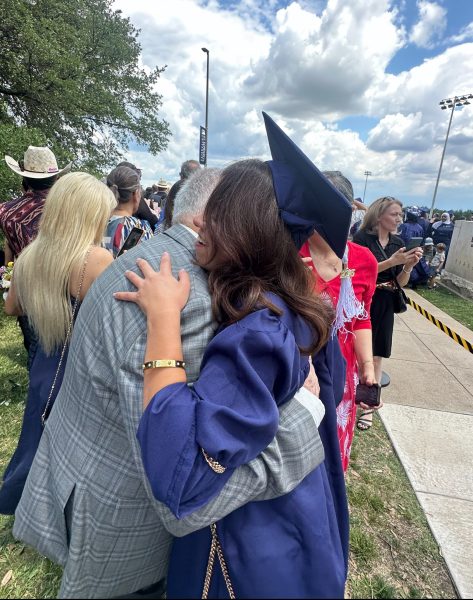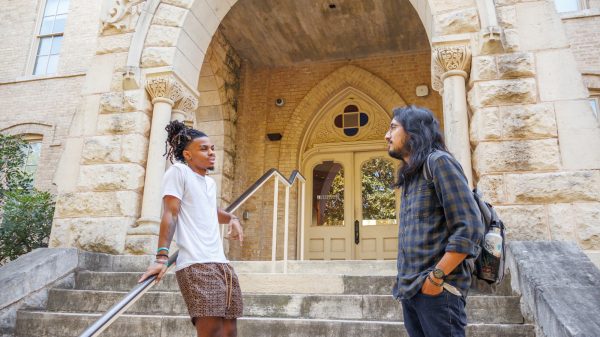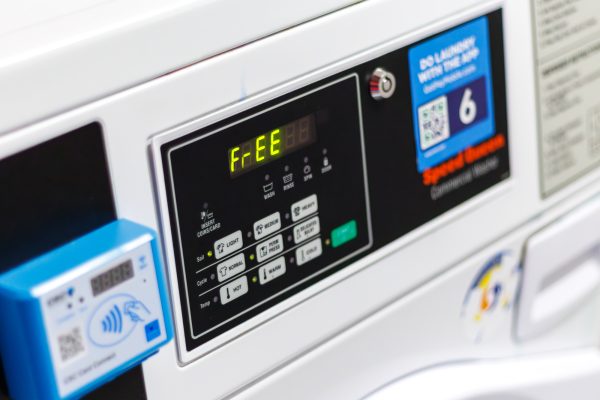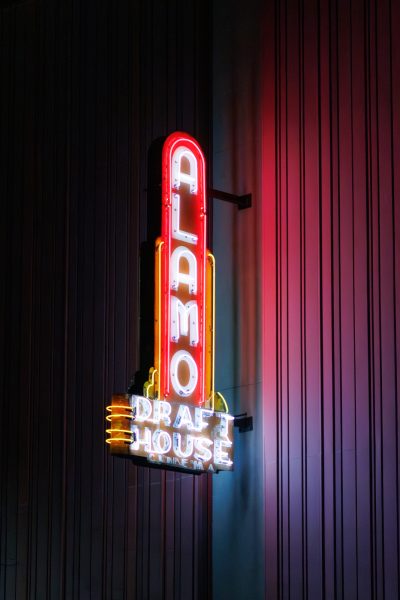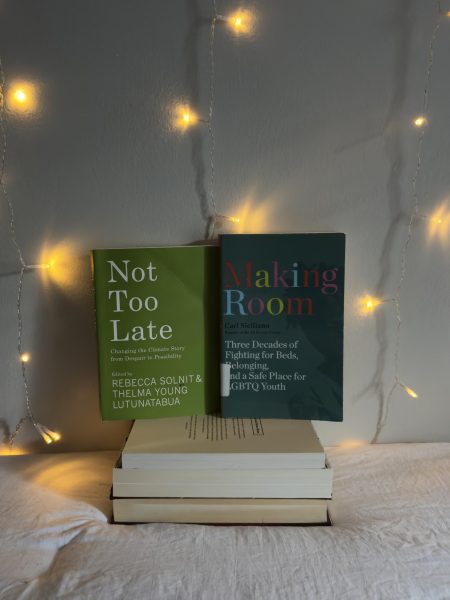Austin Episcopal church to offer first same-sex blessing in Texas
St. David’s Episcopal church, located in downtown Austin on East Eighth Street could make history next month by becoming the first episcopal church in Texas to bless a same-sex couple.
St. David’s is the largest Episcopal church in Austin with roughly 2,500 parishioner, a significant number of whom are lesbian or gay, according to The Austin American-Statesman.
Last July, the Episcopal Church convened for its national convention where it was decided that the church will accept the blessing of same-sex couples, a rite that involves prayer and the exchange of vows and rings.
This decision made The Episcopal Church the largest U.S. denomination to officially sanction same-sex relationships, according to the Houston Chronicle.
This decision was made possible in part by three years of work between Bishop Andy Doyle of the Dioceses of Texas and former Secretary of State James Baker, who is a practicing Episcopalian, According to My San Antonio.
The debate over same-sex relationships has been very divisive issue in the Episcopal Church, as well as other Christian denominations for over a decade now. It was a conflicting debate between the sanctity of marriage and loving and accepting “one’s neighbor.”
Doyle and Baker saw how divisive and energy consuming this one issue had become so they decided that there needed to be a compromise, since it was clear that the legitimacy of same-sex relationship was not a win-lose issue.
As part of the compromise, called the “Texas Compromise,” St. Stephen’s Episcopal Church in Houston was also given permission to offer same-sex blessings if the church wished to. So far neither church has blessed any same-sex couples, according to The Episcopal Diocese of Texas, St. David’s in Austin. However, in Houston, St. Stephen’s has two blessings scheduled for April.
Whoever wins this race to be the first Episcopal Church to bless a same-sex couple is far less important that the fact that, finally, such a race can exist.
Although members of the Episcopal church have made it clear that these gay blessings are not the same as a marriage, which many still believe is a sacrament that can only be shared between a man and a woman, it is refreshing to see a major U.S. Christian denomination recognize that same-sex relationship are valid in many of the same ways that heterosexual relationships are.
It is even more refreshing to have them recognize that the sole purpose of the church is not to police marriage rights.
While this is far from securing equal marriage rights for the LGBTQ community, it does speak to a change in heart; from a traditionally anti-gay stance to a more inclusive state of mind. This symbolic act is similar to when the Austin City Council unanimously voted to endorse same-sex marriage. And though it is only a baby step forward, symbolic acts matter.
If there was a better way to go then we would find it, but as it stands, it appears that we will have to continue to gradually progress.

